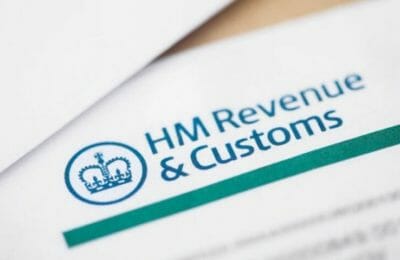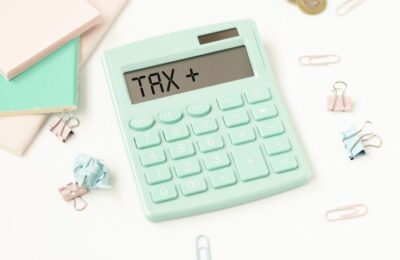Until a few years ago, child benefit was paid to households with children, regardless of family income. That changed in January 2013. From this point, the government introduced something called the High Income Child Benefit Charge (HICBC) aimed at certain higher-rate taxpayers. This means that, if one or both parents earn between £60,000 and £80,000, they qualify for less Child Benefit, calculated on a sliding scale. If either parent earns over £80,000, they won’t qualify for any Child Benefit at all.
What does this mean for me?
If you are a parent earning in the region of £60,000 and you claim Child Benefit, you need to be careful that you don’t fall into the High Income Child Benefit Charge trap. This is particularly important because HMRC will claw back Child Benefit via your Self Assessment Tax Return.
A typical two parent, two child family can currently claim £42.55 per week in Child Benefit (figures at August 24). In a tax year this would amount to £2,212. But there are complications when it comes to child benefit and high income.
Often, this becomes part of the family housekeeping and is spent.
Consider Mary and John and their two children.
John collects the Child Benefit which is paid into his current account and used to fund the household budget. John elected to stay at home and look after the family.
Mary is a solicitor and has a full-time job in a local practice.
In the current tax year, Mary will receive bonuses that increase her salary to £80,000. This is £20,000 more than her previous year’s salary which amounted to £60,000.
After a 40% income tax deduction, Mary will receive an additional £12,000 net.
Mary and John decide to use the extra cash to finance a holiday in Florida and top up their ISAs.
Imagine their surprise when Mary discovers her self-assessment tax bill is £2,212 more than she expected.
In Mary’s case, this excess income was £20,000 and therefore 100% of any CB received will have to be repaid. Accordingly, Mary’s self-assessment bill included a £2,212 HICBC.
Reluctantly, Mary and John had to withdraw the £2,212 from their ISAs.
Mary thought that only ending up with £12,000 of her Gross £20,000 bonus was bad enough but she now realises that the true “tax” cost was £10,212 (£8,000 income tax and £2,212 HICBC). The combined tax hit was not 40% of her income but 51%!
Any parent who exceeds the £60,000 income limit for the first time and draws Child Benefit will find themselves in a similar position to Mary and John and will need to plan accordingly.
My income is now over the HICBC threshold. What should I do?
If you find that you or your partner now have earnings over the HICBC threshold, we strongly recommend you talk to your accountant at THP. There are a number of strategies you can employ to avoid being hit by the High Income charge. These include:
- Making small Gift Aid donations
- Increasing personal pension payments.
Both of these strategies could help you extend the basic rate Income Tax band and thus bring you out of HICBC
Effect on your State Pension of claiming (or NOT claiming) Child Benefit
There’s a possibility you could damage your State Pension by not claiming Child Benefit at all, even if claiming it results in a charge for the HICBC. Full details can be found by reading our article here.
Where can I learn more about the High Income Child Benefit Charge?
The Gov.uk website has lots of information on HICBC. The best places to start are here and here. It’s worth familiarising yourself with this information if you don’t want to be hit by an unexpected HICBC charge on your next tax bill!
About Karen Jones
Having worked for one of the world’s largest accountancy firms, Karen Jones uses her tax knowledge and skills to help clients obtain substantial reductions to their tax liabilities.
With an expanding portfolio of tax clients, Karen enjoys the variety her work brings her and particularly likes working with new businesses and people. With a growing number of tax clients, she frequently faces a variety of challenges and relishes the experience she gains as she solves them.
Karen likes the THP ethos: “I like the way the team has a professional, but friendly and down-to-earth approach – it creates a productive atmosphere that benefits everyone.”
Karen’s specialist skills:
- Personal Taxation
- Tax Efficient Planning
- Trust Administration












